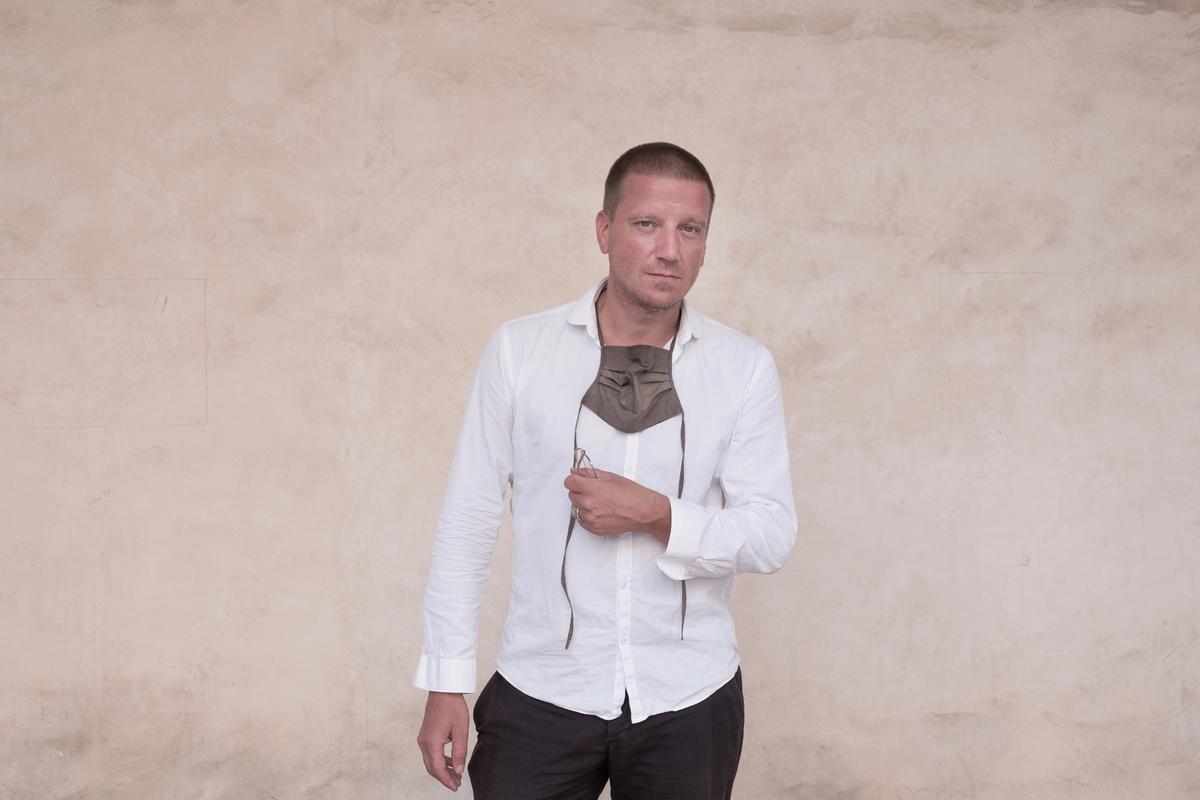Stefan Kalmár is stepping down as director of the Institute of Contemporary Arts in London (ICA) after five years in the post. "The moment now feels right for me to hand over to the next generation to lead this iconic institution with care, compassion and vision," Kalmár says in a statement. The ICA will shortly begin an international search for his successor; Kalmár was its first foreign director in its 75-year history.
German-born Kalmár was appointed in late-2016, replacing Gregor Muir who left to join Tate as the director of the museum’s international collection. He came from Artists Space in New York, the non-profit gallery that was founded in SoHo in 1972 with a focus on emerging artists.
When he was appointed, Kalmár described the ICA as “the birthplace of all ICAs” and stressed that he would continue to “place artists and ideas at the heart of all the ICA’s programming decisions”. The artist Wolfgang Tillmans, the chair of the ICA board, says that Kalmár has “brought fresh approaches, skills and a breadth of ideas to our iconic institution”.
“Kalmár instigated substantial changes across the ICA, including making the ICA cinemas fully independent,” says a statement. He also initiated programmes such as Temporal Deprogramming led by the Philadelphia-based interdisciplinary artist collective Black Quantum Futurism (2019) and invited influential speakers such as the activist Chelsea Manning and the Spanish philosopher Paul Preciado.
The ICA closed from mid-March 2020 until early last month because of the coronavirus crisis. Founded in 1946, the institute was awarded a grant of £789,000 from the UK government’s £1.57bn Culture Recovery Fund late last year.
The venue reopened last month (6 July) with War Inna Babylon: the Community’s Struggle for Truths and Rights (6 July-26 September), an exhibition focused on the “various forms of state violence and institutional racism targeted at Britain’s Black communities”, the organisers say.
Other exhibitions organised during Kalmár’s tenure include historical retrospectives dedicated to the work of the US playwright Kathy Acker and Los Angeles-based Julie Becker along with a survey of film and video works by the US artist Seth Price.
In 2019, Kalmár wrote a comment piece for The Art Newspaper, raising the issue of what UK cultural institutions stand for. He says in a resignation statement: "Cultural institutions must learn how to respond, should lead the way, inventing models that are innovative and open to constant renewal. Hence, directorships should never be for life—fixed tenures should be the norm not the exception."
Kalmár was recently co-curator of the nomadic Manifesta biennial but the 13th edition, held in the French city of Marseille last year, was disrupted in the wake of the coronavirus crisis. The exhibition opened last August following delays but moved online in October.
UPDATE: Kalmár told Artnet news that he is concerned about the threat to the autonomy of publicly funded museums in the UK. “What’s happening in the UK is worrying. The historic arm’s-length principle between the government and cultural institutions that it directly funds… [is] being undermined," he said.


